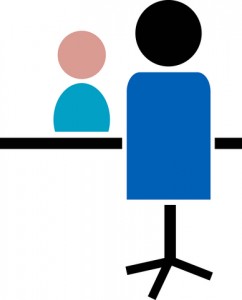Th Psychological Tactics You Need to Sell Yourself in a Job Interview
Marketers, sales professionals and big brands use sales psychology to influence your spending habits.
These same psychological tactics can be employed in the job interview, giving you the upper hand. Here are 3 psychological tactics to sell yourself at a job interview.
Set Up Your Own Coaching Business
Psychological Sales Tactic #1
Emotional by-in
Many studies have repeatedly highlighted that people by goods, ideas and recruit staff due to how the product will effect the person.
In the job interview you are more likely to be hired by using emotional stories to highlight your skills and experience, rather then just listing your qualities, traits and successes.
When answering “give me an example of….” questions, start by stating the pain of the current situation, explain what steps you took and then highlight the positive and emotional outcome.
Psychological Sales Tactic #2
Offer out your weaknesses
The “what is your weakness?” interview question is asked less and less these days, due to applicants searching on YouTube for the best answer. But when buying any product we are naturally suspicious, just as the interviewer is when you only state positives.
By stating your own flaws (don’t go overboard) you create credibility. Credibility, especially when mixed with likability will lower the interviewers defensive. The employer at this stage is more likely to buy in to you, believing the following interview answers.
Psychological Sales Tactic #3
Create fear
At some stage during the interview if you are using all the rules from influencing the interview, you will know that the employer is impressed, they want you.
Scarcity is a powerful motivator. People on eBay, will purchase more for a product then they originally stated they would due to the thought of losing out.
You can use the same psychology in the job interview, if the interviewer, who by now wants to offer you the position, believes you may take an offered job from a competitive company they will compelled to desire you even more.
At some stage in the interview let in slip how you have been successful in other interviews.



